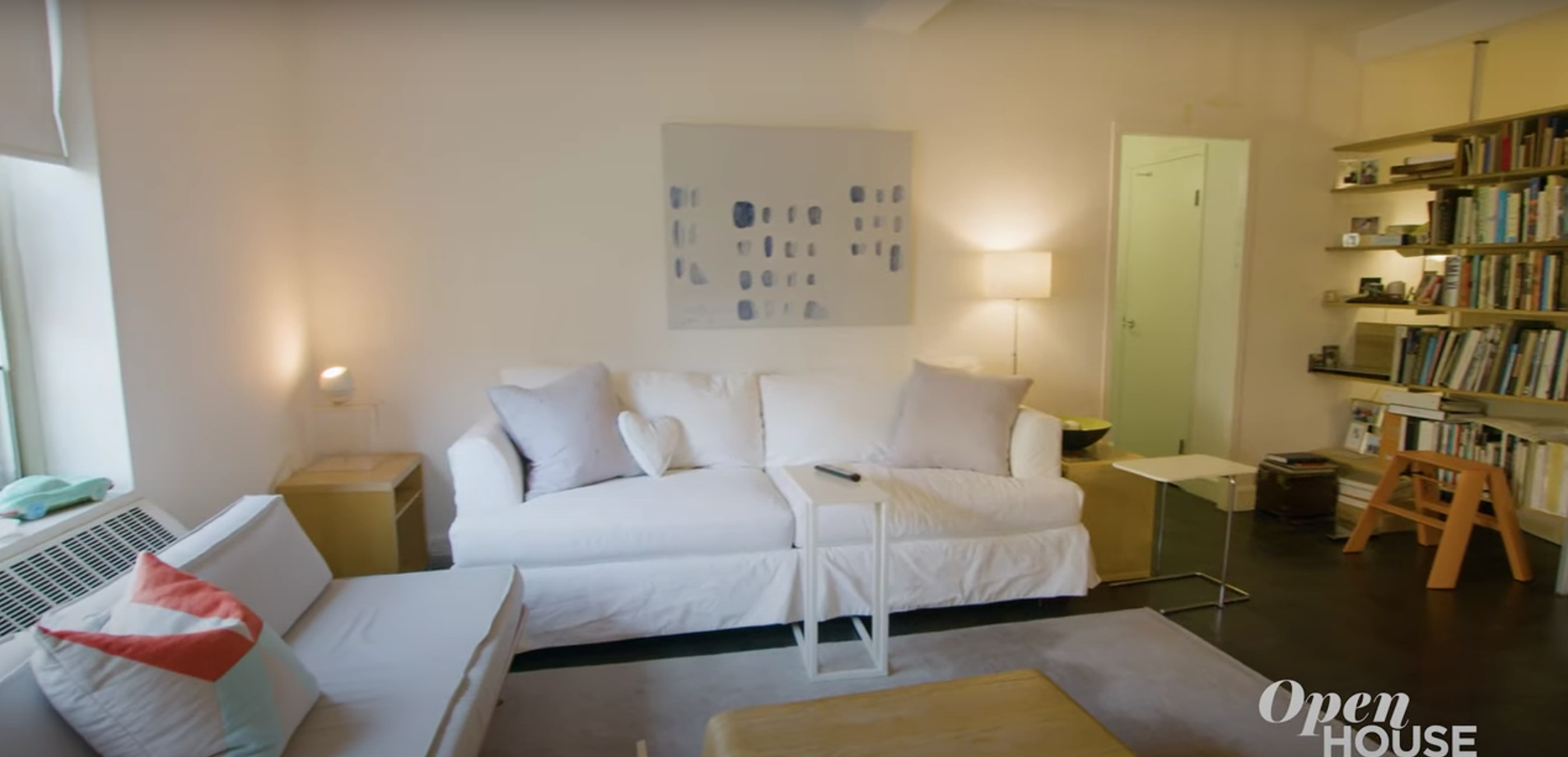Before You Renovate: Crucial Tips Every Homeowner Should Know
Renovating your home is an exhilarating venture that promises to transform your living space, reflecting your style and meeting your evolving needs. However, the path to revitalizing your abode can be fraught with challenges, unexpected expenses, and decisions that could impact your project's success.
Before you plunge into the exciting world of home renovation, it's crucial to arm yourself with knowledge, plan meticulously, and prepare for the hurdles along the way. This guide offers indispensable tips and insights to ensure your renovation project is successful and a rewarding experience, paving the way for a smoother, more enjoyable renovation journey.
Develop a Clear Vision
Before you swing the first hammer, it’s essential to have a crystal clear understanding of what you want to achieve with your renovation. Are you looking to increase the market value of your home, make your living space more functional, or update the aesthetics? Clearly defining your goals will guide your decisions and help you prioritize tasks throughout the renovation process.
With your goals in mind, the next step is to create a detailed plan. This should include sketches or mood boards of your desired outcomes, a list of all the changes you wish to make, and if possible, precise measurements and material selections. A comprehensive plan will help you visualize the final product and provide a clear roadmap for contractors and suppliers.
Permits and Regulations
Before you embark on any home renovation project, it’s vital to familiarize yourself with the necessary permits and regulations in your area. Failure to obtain the required permits and adhere to building codes can result in fines, delays, or even having to undo completed work. As the folks from JL Demolition and Recycling add, permit requirements often stipulate safety measures and precautions, including using professional demolition contractors and implementing dust control measures. Additionally, if you live in a community with an HOA, it’s essential to check if there are any restrictions or guidelines that may affect your renovation plans.
Keeping all these considerations in mind from the get-go can save you time, and money and ensure a smooth renovation process. Depending on the scope of your project, you may need several different types of permits, such as a building permit, electrical permit, or plumbing permit. It's also essential to stay informed about any regulations that may impact your renovation, such as zoning restrictions or heritage preservation guidelines.
Choose the Right Contractor
The success of your renovation largely depends on the competence and reliability of your contractor. Take the time to vet potential contractors carefully. Look for someone with experience specific to your project type, verify references and credentials, and don’t hesitate to conduct interviews to ensure they’re a good fit for your project.
Clear, consistent communication with your contractor is vital. Before work begins, discuss expectations regarding the project timeline, daily work schedule, and how they will handle any changes or unexpected challenges that arise. Ensuring you’re on the same page from the start can prevent many common renovation issues.
Obtain Necessary Permits
Many homeowners overlook the importance of obtaining the necessary permits for their renovation projects. Failure to do so can result in fines, or worse, having to undo completed work. Start by researching local building codes and regulations to understand what types of projects require permits in your area.
Obtaining permits can be time-consuming and costly, so it’s important to factor these aspects into your renovation plan. Make sure you account for the potential time it takes to obtain permits when planning your project timeline and set aside funds to cover any associated costs.
Prepare for the Unexpected
No matter how well you plan, renovations often come with their share of surprises and challenges. Weather delays, backordered materials, and unforeseen structural issues can all throw a wrench in your timeline. Preparing mentally and financially for these potential setbacks can help you manage stress and keep your project moving forward.
Being flexible with your plans and expectations is crucial when facing renovation challenges. Sometimes, you may need to adjust your design, materials, or even your timeline to accommodate unexpected changes. Staying open and adaptable will help you overcome obstacles and ensure the success of your renovation project.
Renovating your home is a significant endeavor that requires careful planning, preparation, and a degree of flexibility. By developing a clear vision, understanding permits and regulations, choosing the right contractor, and preparing for the unexpected, you can navigate the complexities of home renovation with confidence.







